
Given that “specific phobias” are a diagnostic category in DSM-5, is "Islamophobia" a diagnosable disorder?

Given that “specific phobias” are a diagnostic category in DSM-5, is "Islamophobia" a diagnosable disorder?
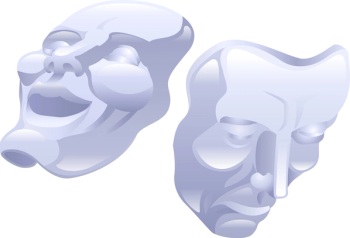
Is dysphoric hypomania a phase of mania itself? Or does it represent a descent into a mixed state?

A brief overview of the many trials that have asked this weighty question.
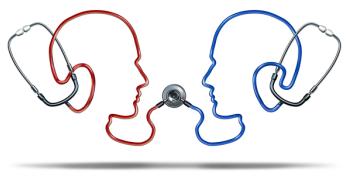
In this Letter to the Editor, practicing psychiatrist Richard Krugley, MD makes the case against the term "assisted suicide" when applied to terminally ill patients. Drs. Pies and Geppert respond.

What effects do illness and treatment have on cognition? Here's a deep dive.
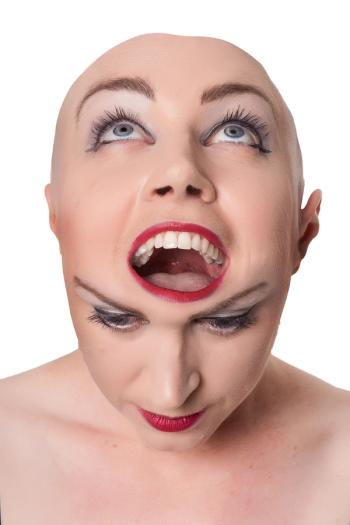
Functional mood stability can be attained with lithium therapy, but guidelines on how to get there have become increasingly sophisticated.
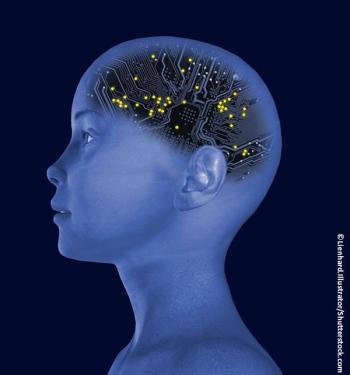
Personal enhancements (eg, cosmetic surgery) have gained societal acceptance, but cognitive enhancement poses significant ethical, philosophical, and sociopolitical issues.

How would you handle information about a patient obtained from an Internet search? Take the quiz.

Vivek Murthy, MD presented for the first time a report by a Surgeon General focused solely on addiction and its consequences.
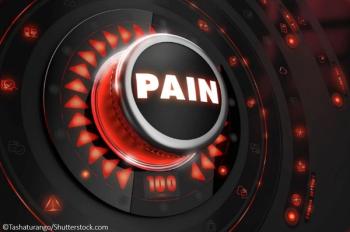
The overprescription of opioid analgesics has resulted in the growing use of heroin. Right?
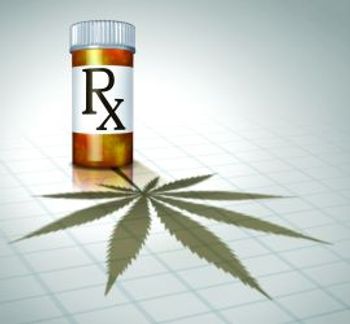
“Doctor, will you prescribe medical marijuana for my mother? I think it might help her agitation better than the medication you gave her last visit.”
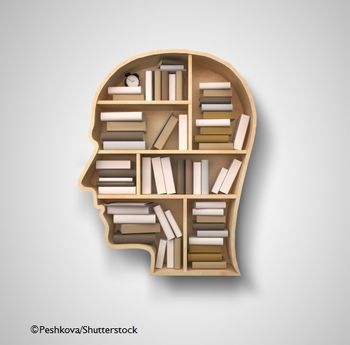
It’s too bad that so many experts-in medicine and in other professions-can’t write for a lay audience. Here's some help.
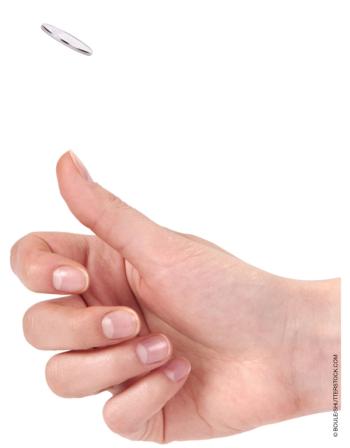
But what if the patient was lying? It's hard to go to sleep at night and not wonder, “. . . what if I'm wrong?”

American psychiatry is on the cusp of recognizing and tackling both physician burnout and climate change.
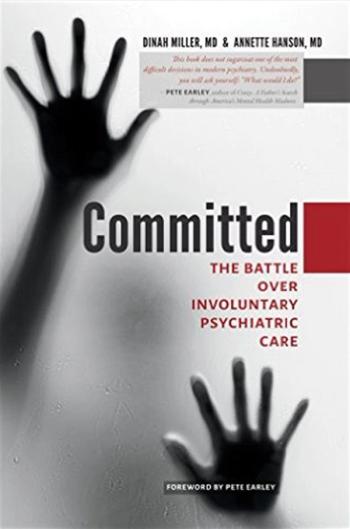
Here's a review of a book about involuntary psychiatric commitment-- a major source of controversy when the public tries to understand who psychiatrists are and what we do.

Functional vs structural; melancholic vs non-melancholic; and hierarchy of treatment are the focus.

It's not about the specifics of preliminary studies about psilocybin. It's about the validation of research using psychedelic drugs in modern psychiatry.

After your exams, after your diploma, after all the nights on call, missed dinners and diagnoses, after your apologies...

A review of smartphone tools for suicide prevention and recommendations for clinicians.

There is no magic pill or fountain of youth that can build a better older brain, but there are several key strategies.
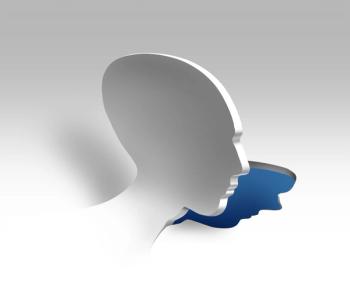
Older adults seem willing to take a hypothetical predictive test-and plan accordingly.
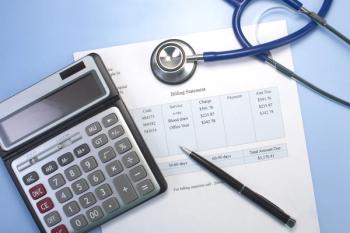
An overview of various aspects of taking notes and suggestions for effective documentation.

Where would we be without mother birds?

Treatments for borderlinity and bipolarity are quite different. What if just 3 items from a standard screening questionnaire could increase your diagnostic certainty by 30%?

For up to 60% of patients with bipolar disorder, simply treating their mood symptoms is not enough to help them return to a full life.

The nightmarish reality of psychosis is vividly detailed by Deborah Danner, a woman with self-described schizophrenia, recently shot to death by a New York City policeman.
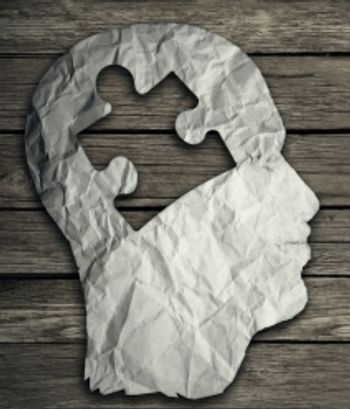
What are the key elements of attenuated psychosis syndrome? Answer this question and more in our quiz.

Are you up-to-date on somatic treatments for major depression? How about the optimal approach to resistant MDD? Take this quiz and find out.

Health care and medical education must march ever onward-although recently there has been a growing uprising among the ranks of experienced physicians.
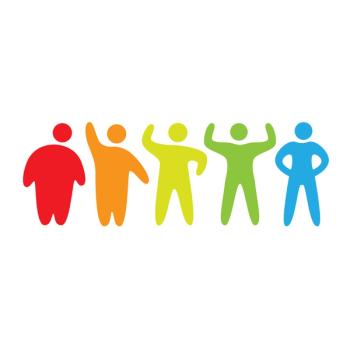
A recent meta-analysis shows this agent is useful in the prevention and treatment of antipsychotic-induced weight gain.